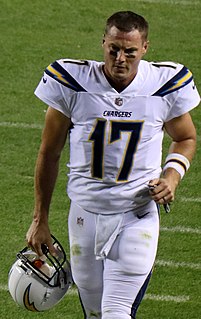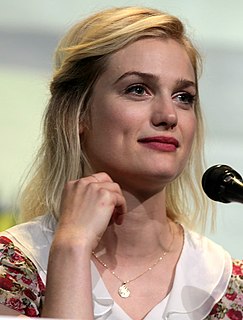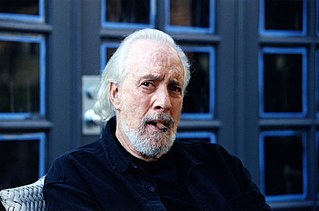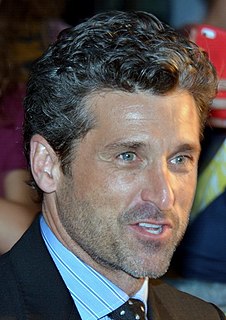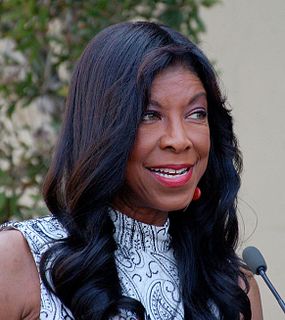A Quote by Bonnie Raitt
I grew up in Los Angeles in a Quaker family, and for me being Quaker was a political calling rather than a religious one.
Related Quotes
My aunt was Frances Hodges, who in the Fifties was the editor of 'Seventeen' and later one of the creators of 'Mademoiselle.' She was my Auntie Mame; she loved culture. She was a Quaker, but she became a milliner against all Quaker logic - they feel that fashion and art are vanities - because she loved fashion.
What we've established (in San Diego) with my growing family is hard to re-create. It's hard to up and re-create that. I know that moves are part of life. But that certainty is fair to say that (not being sold on moving to Los Angeles) is part of it. The good thing is I'm not under contract in a year where we'd potentially be in Los Angeles.
I think Los Angeles certainly grew out and grew up, but I don't think it matured. It lost the appeal and the hunger and the beauty of its adolescence and went straight to a middle-aged ugly, overfed monster seeking mindless pleasure and being obsessively acquisitive. It's so materialistic. It grew up, but it didn't mature.
One of the interesting things about Los Angeles is that it's still supplying the whole of the world with its dreams through movies and songs and TV - often of an all-American family at the same time as the real Los Angeles is peopled by souls from Vietnam, Guatemala, and Korea who look nothing like the images being beamed out. I think all that is going to have to change and illusion is going to have to catch up with reality in that regard.
Sprawl is the American ideal way to develop. I believe that what we're developing in Denver is in no appreciable way different than what we're doing in Los Angeles - did in Los Angeles and are still doing. But I think we have developed the Los Angeles model of city-building, and I think it is unfortunate.







